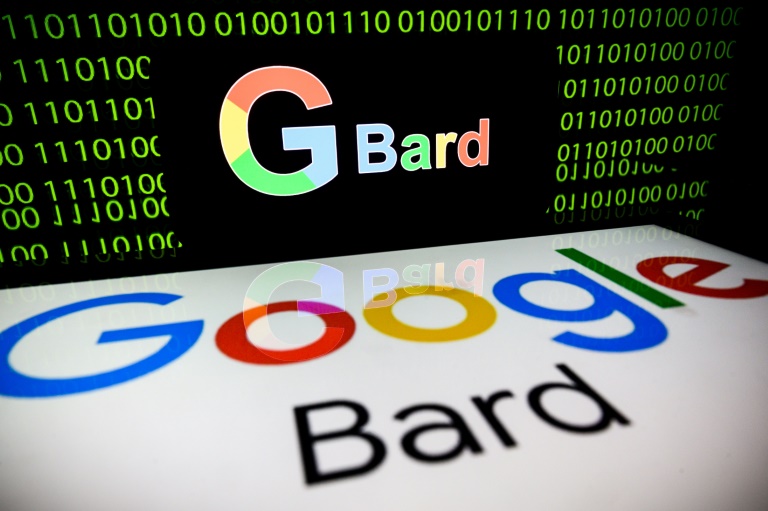Google on Wednesday infused its Bard chatbot with a new-generation artificial intelligence model called Gemini, which it touts as being able to reason better than ChatGPT and other rivals.
The search engine juggernaut is aiming to take the generative AI lead from ChatGPT-maker OpenAI as that company deals with the aftermath of a boardroom coup that saw chief executive Sam Altman fired and then rehired within a matter of days.
Google has for years discreetly developed AI powers but was caught off guard when OpenAI late last year released ChatGPT and teamed up with Microsoft to make its capabilities available to users worldwide.
“This is incredible momentum, and yet, we’re only beginning to scratch the surface of what’s possible,” Google chief executive Sundar Pichai said in a release.
“This new era of models represents one of the biggest science and engineering efforts we’ve undertaken as a company.”
It is the first AI model to outperform human experts in certain benchmarks involving problem solving, math, physics, history, law, medicine and ethics, Google DeepMind vice president of product Eli Collins said during a briefing.
A demonstration showed Gemini recognizing what it was shown, from a person acting out a “Matrix” movie scene to someone drawing a duck and then holding up a rubber duck.
Gemini commented on what it was shown, making comparisons, drawing conclusions, and offering suggestions.
Performance of an “Ultra” version of Gemini “far exceeds” that of other state-of-the-art models in 30 benchmark tests measuring capabilities such as image understanding or mathematical reasoning, according to Collins.
A “Pro” version of Gemini built into Bard is designed to handle a wide range of tasks. A “Nano” version is tailored for smartphones, coming first to Google’s top-of-the-line Pixel 8 handset.
Google raced out its own Bard chatbot earlier this year, continually updating the chatbot based on people’s feedback, according to Bard vice president Sissie Hsiao.
“All of that rapid innovation is bringing us to what we see as a truly transformative moment,” Hsiao said during the briefing.
“With Gemini, Bard is getting its biggest upgrade yet.”
– AI collaborator –
Bard will use Gemini for more advanced reasoning, planning, and understanding capabilities, a demonstration showed.
It will be available in English in more than 170 countries and territories, with more languages added soon, according to Hsiao.
Gemini-infused Bard will be expanded to be “multi-modal,” meaning it will be able to work with auditory and visual input as well as text prompts, executives said.
“With Gemini we are one step closer to our vision of bringing you the best AI collaborator in the world,” Hsiao said.
Gemini ramps up the quality of Bard’s performance, whether in writing poetry or computer code to shopping queries or research projects, according to Hsiao.
The “Ultra” version of Gemini designed to handle highly complex tasks will be released early next year, Google said.
“I’m in awe of what it’s capable of,” Collins said of Gemini.
“This is the start of a new era for us at Google as we continue to rapidly innovate and advance the model’s capabilities.”
Google in September integrated Gmail, YouTube and other tools into its Bard chatbot as tech giants seek to persuade users that generative AI is useful and not dangerous or just a fad.
Those capabilities closely match offerings from Microsoft that infuse its Office 365 apps with AI powers, though those come at an extra cost to customers and are not available through the chatbot on its search engine Bing.
The staying power of generative AI chatbots, once the initial excitement has faded, is yet to be confirmed.
Moreover, integration of the OpenAI-based chatbot into Microsoft’s search engine earlier this year failed to make an impact on Google’s overwhelming dominance of search.
Governments and tech companies however insist that generative AI is technology’s next big chapter and have ramped up spending on new products, research, and infrastructure.

 Business4 months ago
Business4 months ago
 Business5 months ago
Business5 months ago
 Events3 months ago
Events3 months ago
 People4 months ago
People4 months ago
 Events6 months ago
Events6 months ago
















